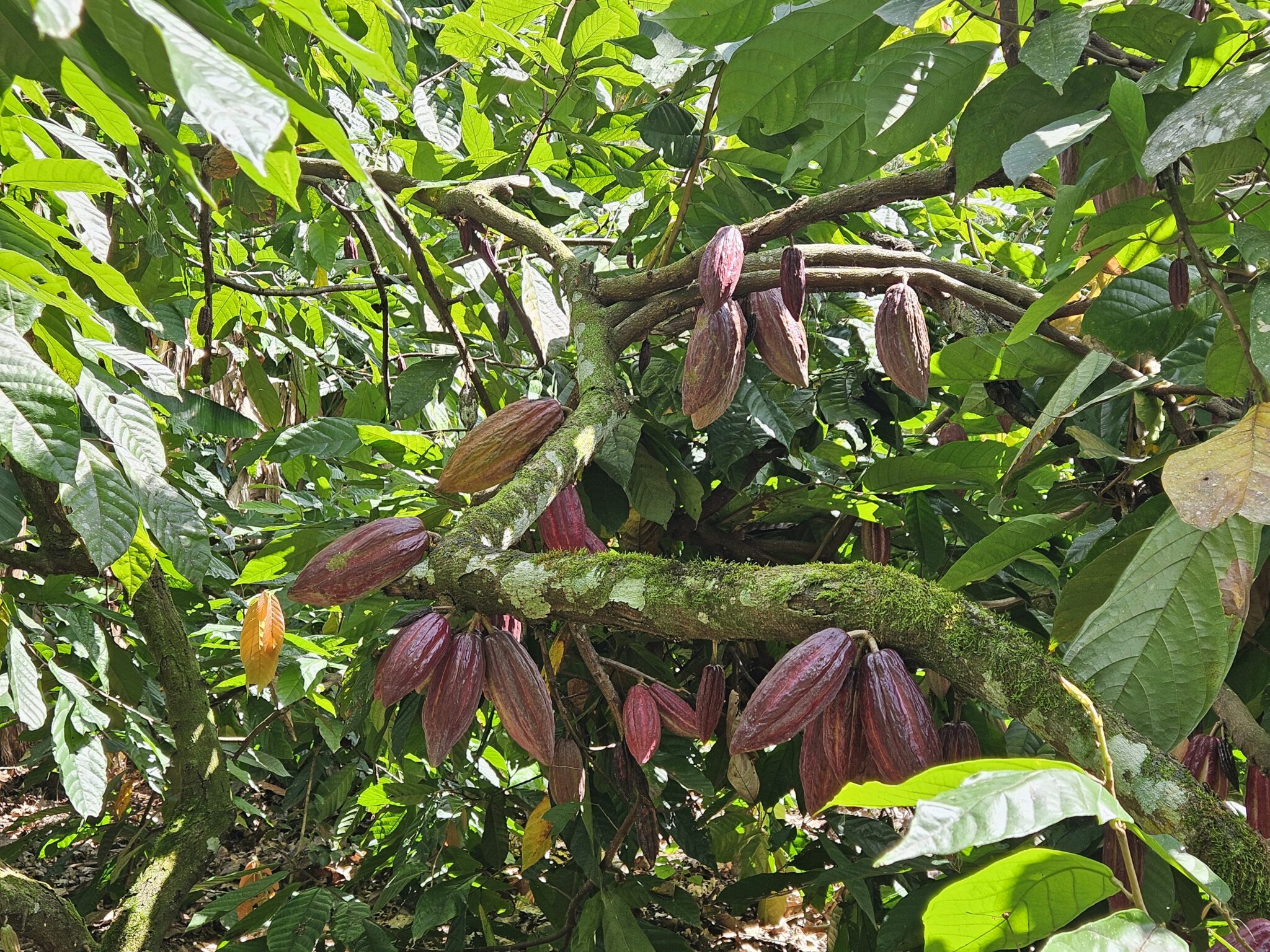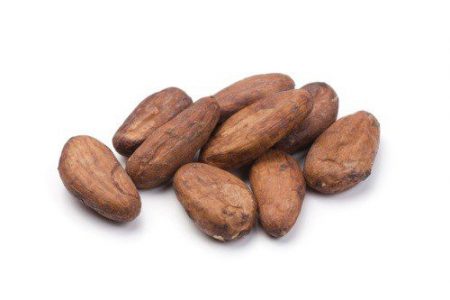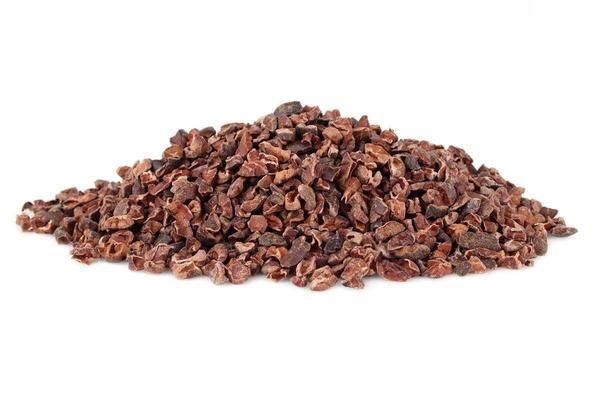Recently, our team returned from an important sourcing trip to Lima/Peru and the Dominican Republic – two of our key partner countries in organic cacao supply. Abbott Blackstone International has long worked closely with producers in both regions, and this visit came at a particularly critical time for the global cacao industry.


The Ongoing Volatility in the Cacao Market

Since late 2023, the global cacao market has been facing instability, largely driven by consecutive poor harvests in West Africa, particularly in Ghana and the Ivory Coast, which together produce approximately 70% of the world’s cacao. These harvests have been affected by a combination of extreme weather patterns, including excessive heat and irregular rainfall, and widespread crop diseases such as swollen shoot virus and black pod disease.
Root Causes: Weather, Disease, and Long-Term Structural Challenges
In addition to these environmental challenges, there are also long-standing structural issues within the cacao sector. For many years, farm-gate prices in West Africa have been kept relatively low, largely due to pressure from international buyers and local regulatory structures. This has left farmers with limited resources to reinvest in their plantations. As a result, replanting efforts have stalled, tree maintenance has declined, and many plantations are now relying on aging, less productive trees.
Given that cacao trees take four to five years to mature, rebuilding supply will require a long-term strategy and substantial investment. The lack of proactive replanting over the past decade has left many plantations vulnerable, and the recent poor harvests have exposed this fragility.



Supply Shortages Lead to Price Surges
The most recent harvests’ underperformance has triggered a sharp increase in global prices. With limited cacao available on the market, competition has intensified and pricing has risen sharply – at times reaching three to four times the levels seen in previous years.
While cacao prices have experienced some recent decline, they remain historically high, and industry experts predict that they will stay elevated in the medium term due to persistent supply constraints.
Market Response in South America and the Caribbean
Cacao producers in South America and the Caribbean – regions known for growing premium varieties such as Criollo and Trinitario – have not experienced the same level of disruption. Their crops remain largely healthy, and local weather patterns have been more favorable.
However, given that cacao is a globally traded commodity (listed on exchanges such as the New York Stock Exchange), farmers and exporters in these regions are responding to market conditions in real time. In many cases, producers have opted to sell only a portion of their harvests at current elevated prices, while withholding the remainder in anticipation of further price increases, contributing to the additional tightening of supply and increase to an unprecedented price level.
Despite the current market fluctuations, price volatility and global demand, Abbott Blackstone International is committed to establishing and maintaining sound partnerships with farmers and producers to provide premium, sustainable EU certified organic cacao that meets the highest standards – both in flavor and compliance.





For more information about our range of cacao products we source, read more on our cacao product page
© Copyright Abbott Blackstone International GMBH
